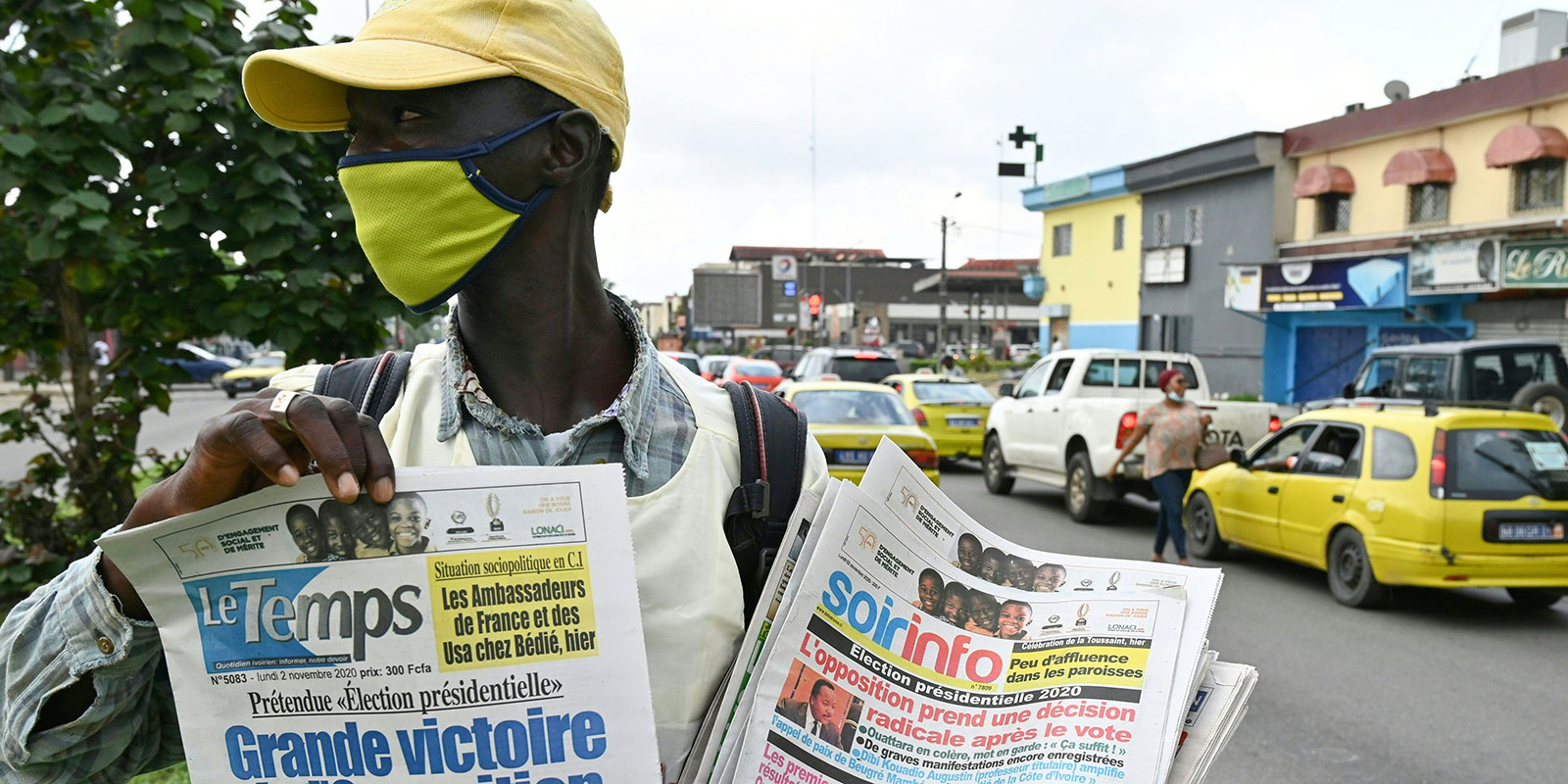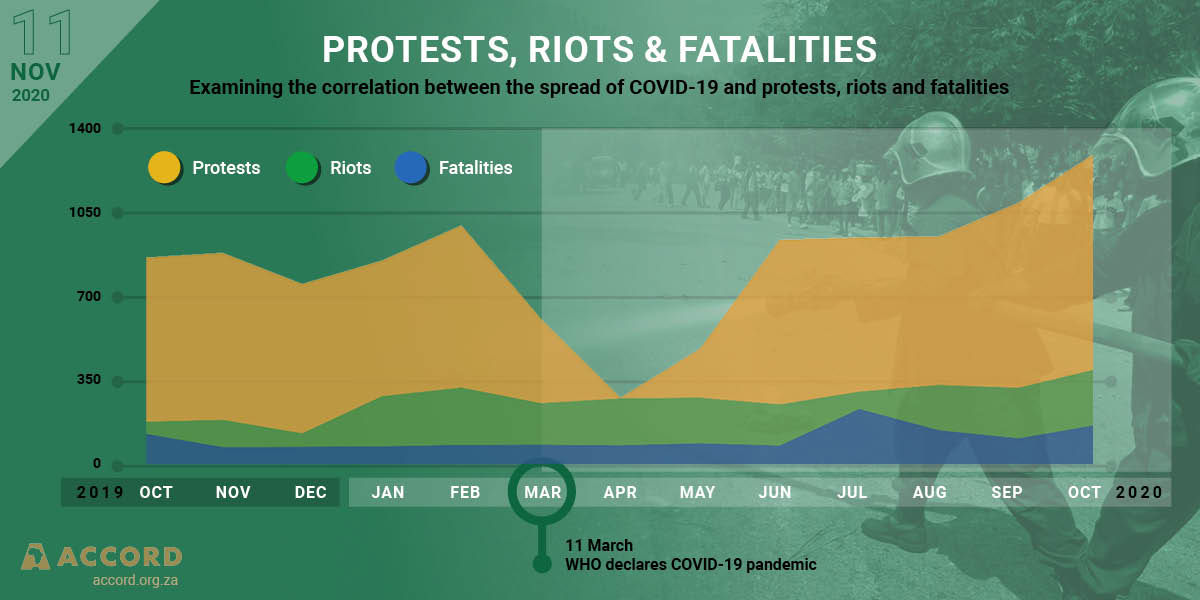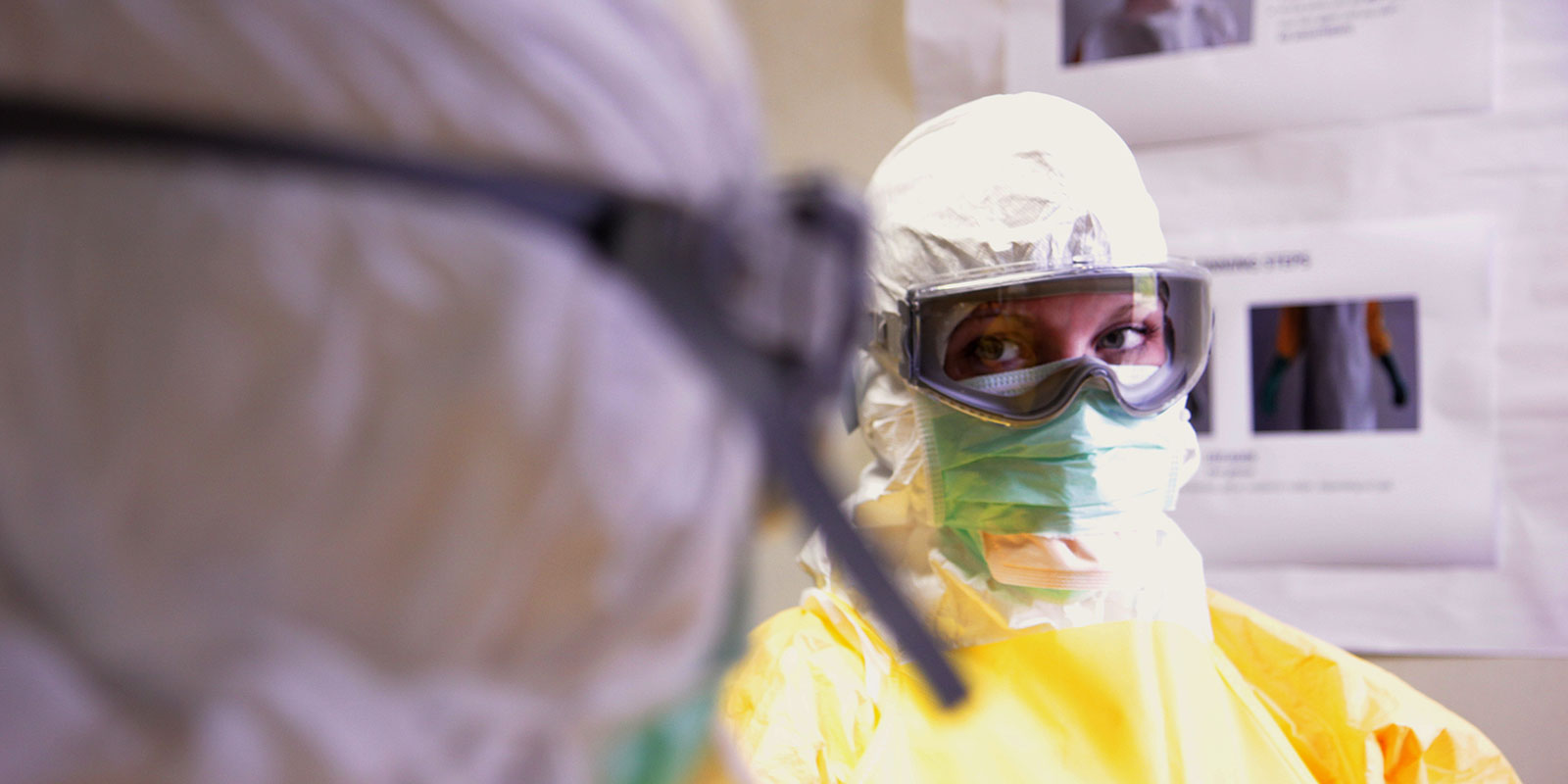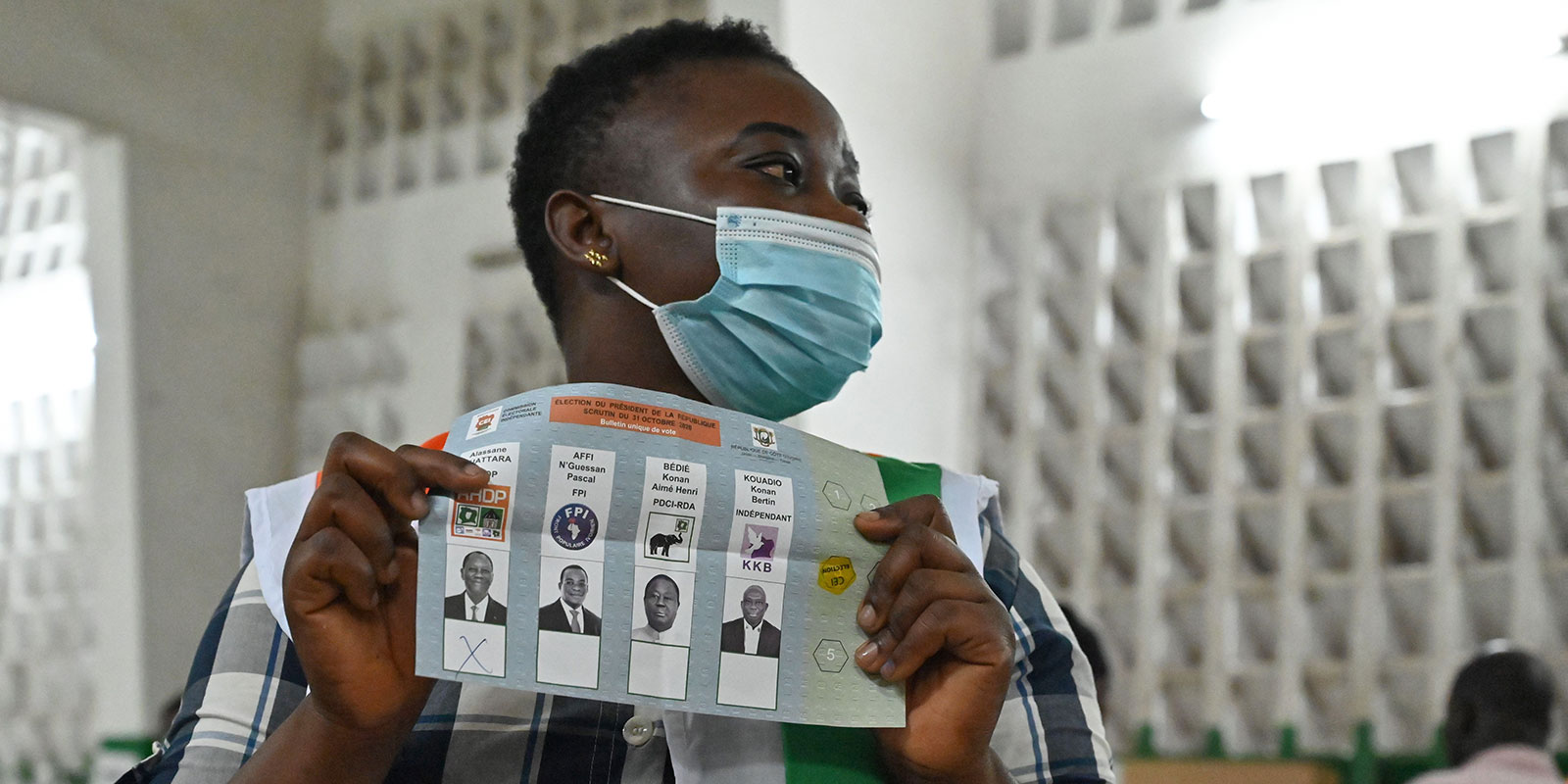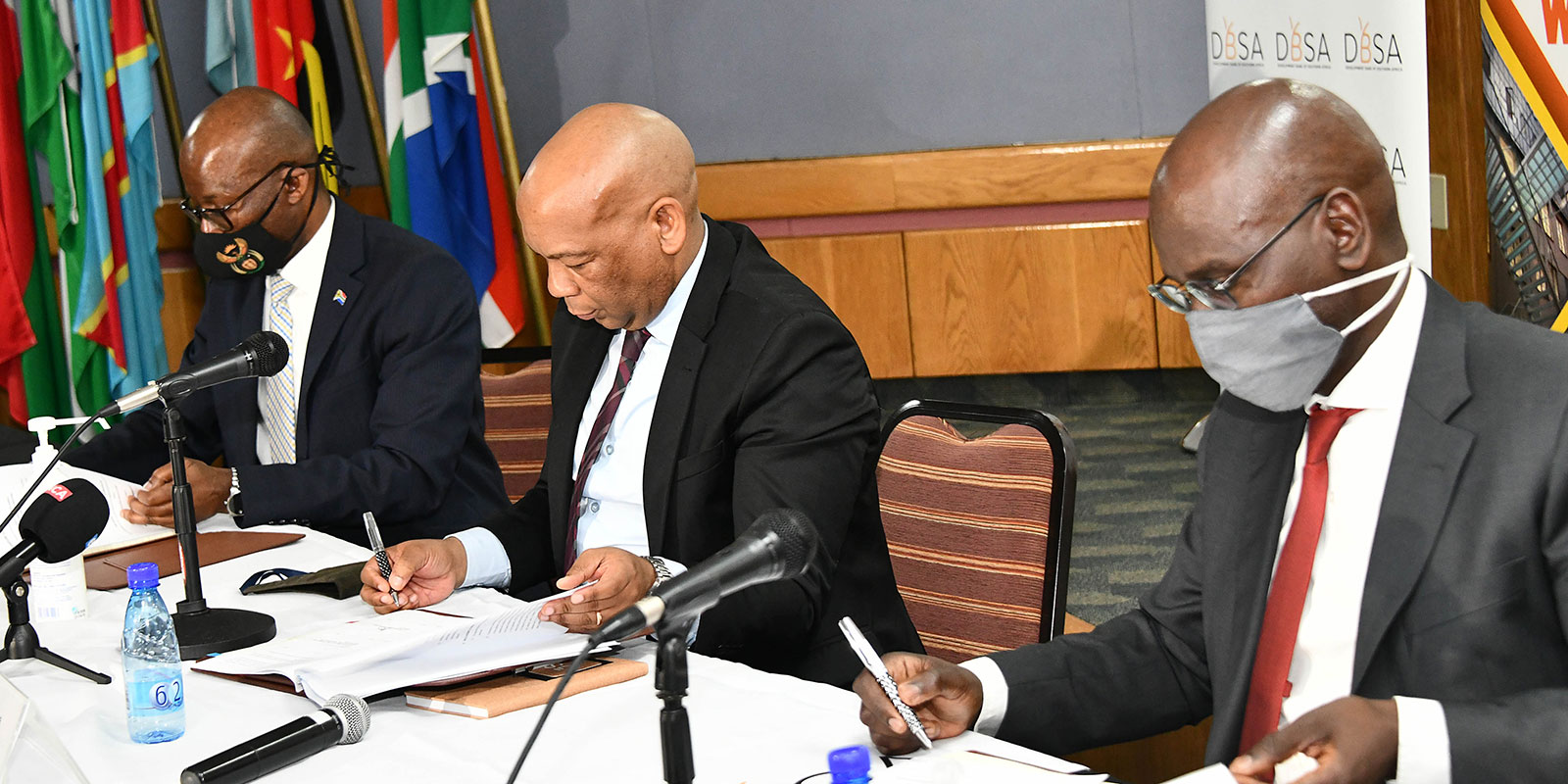In this week’s edition, the Monitor features a think piece by Geraldine Fraser-Moleketi, chair of the Committee of Experts on Public Administration (CEPA), a technical committee of the United Nations Economic and Social Council (ECOSOC), in which she shares some thoughts on the current and future impacts of COVID-19 on public service.
We also feature an article from the general secretary of the All African Council of Churches (AACC), Rev. Dr Fidon Mwombeki, who argues that COVID-19 has changed our outlook about the world and humanity, especially given that none of us could have imagined that with all our technological advances, a pandemic could bring the world to its knees.
Considering that it is now 245 days since the World Health Organization (WHO) declared COVID-19 a pandemic, ACCORD colleagues Dr Cedric de Coning, Marisha Ramdeen and Dr Martin Rupiya provide an update, from the data collected, on the impacts that COVID-19 has had on peace and security across Africa to date. This week’s Monitor ends with a piece by Kealeboga J. Maphunye, who uses the recent American elections to contribute to ongoing debates about the holding of elections in the context of the COVID-19 pandemic.

